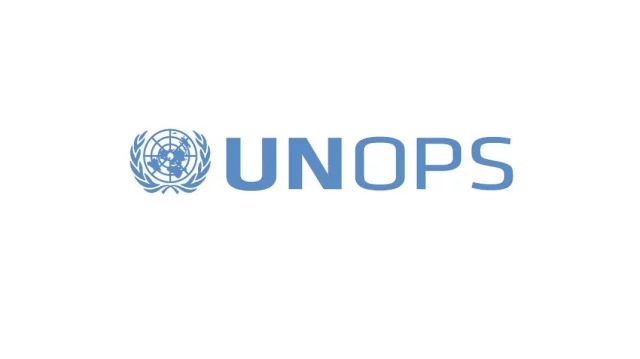News Flash

DHAKA, Sept 30, 2025 (BSS) - The United Nations Office for Project Services
(UNOPS), in partnership with Takeda Pharmaceutical Company Limited, has
launched a landmark initiative to tackle Bangladesh's growing medical waste
crisis, aiming to protect millions of people and strengthen climate
resilience in the health sector.
Supported by USD 7.1 million (JPY ¥1,023 million) from Takeda, the project is
expected to benefit more than 7.3 million people across climate-vulnerable
districts.
It will establish six modern medical waste treatment facilities, serving
thousands daily and reaching 1.8 million people annually.
Healthcare waste has become a pressing challenge in Bangladesh, with
hospitals generating about 3.4 kilograms of waste per bed per day, up from
two-kg in 2019.
More than 80 percent of municipalities lack proper treatment facilities,
leaving communities exposed to infectious waste.
Seasonal floods and cyclones further spread untreated medical waste into
nearby water systems, increasing the risk of HIV, hepatitis, and bacterial
infections.
Alongside infrastructure development, the project will train 1,400 healthcare
professionals and waste workers and engage 250 community leaders and
volunteers to promote safe handling and disposal practices.
UNOPS Regional Director for Asia and the Pacific Sanjay Mathur said the
partnership would help build safer, more climate-resilient healthcare systems
in Bangladesh.
"Together, we are addressing medical waste head-on while strengthening local
capacity," he added.
Toshie Ando, Head of Global CSR and Partnership Strategy at Takeda, said the
collaboration reflects a shared commitment to Bangladesh's most vulnerable
communities.
"We aim to create a sustainable model that safeguards public health and can
be adapted in other high-risk settings worldwide," she said.
Public health experts note that the initiative offers Bangladesh a replicable
blueprint for linking infection control with climate resilience, improved
governance and sustainable development in the healthcare sector.